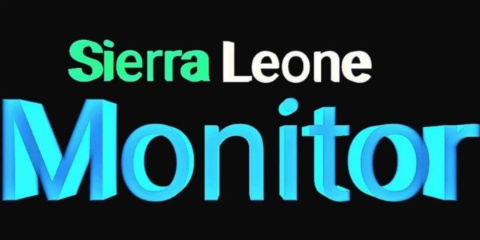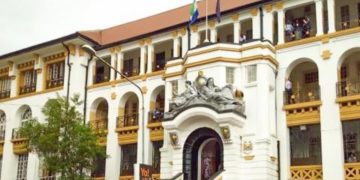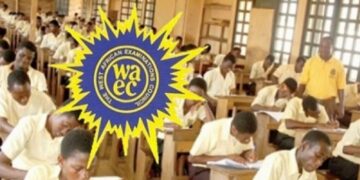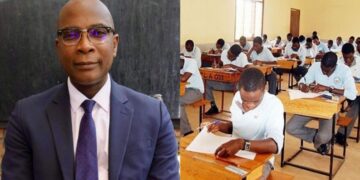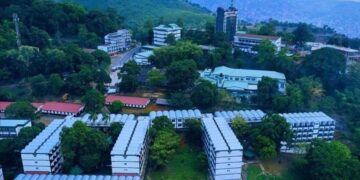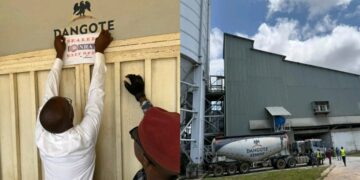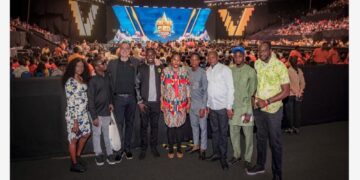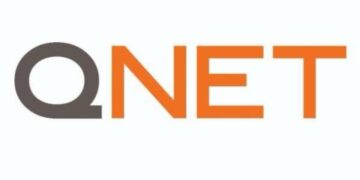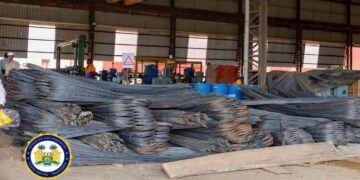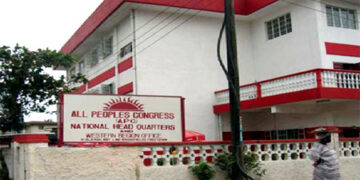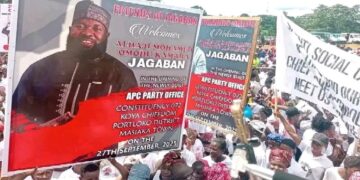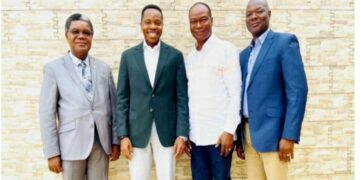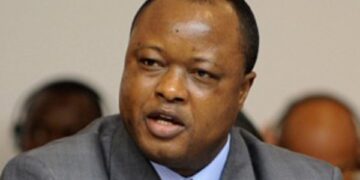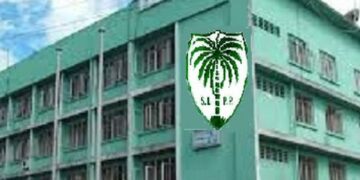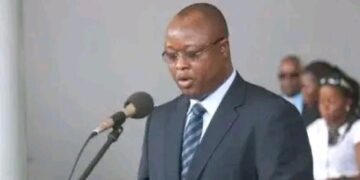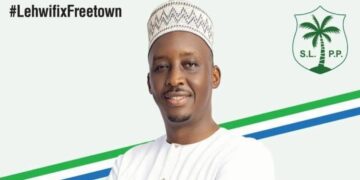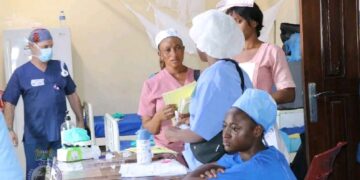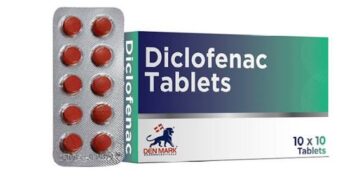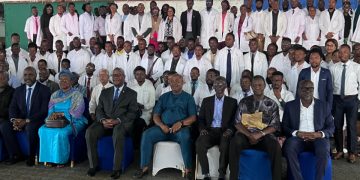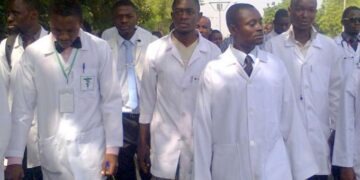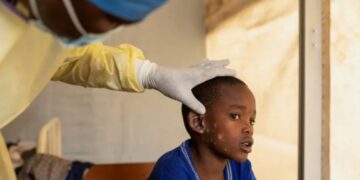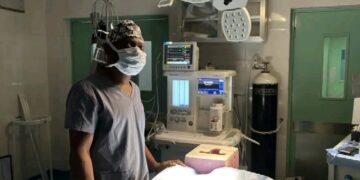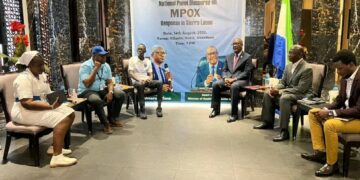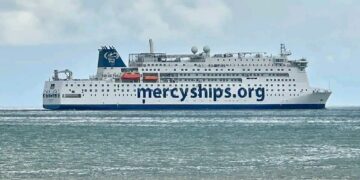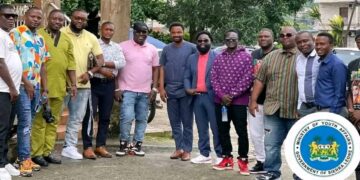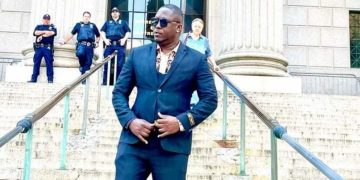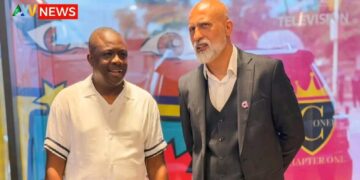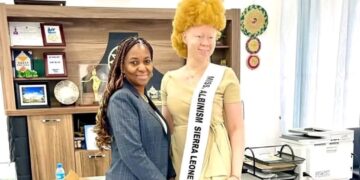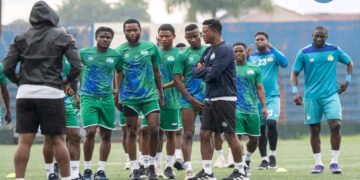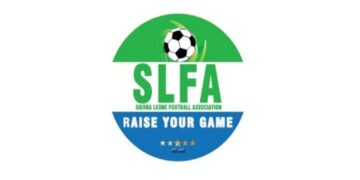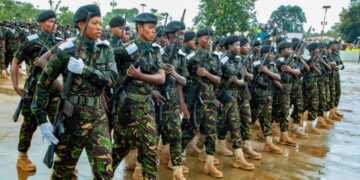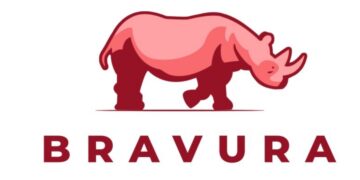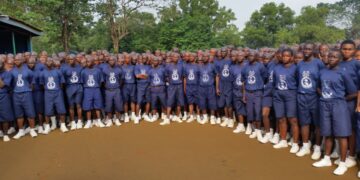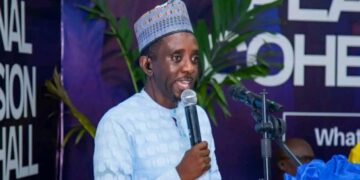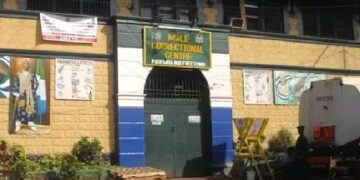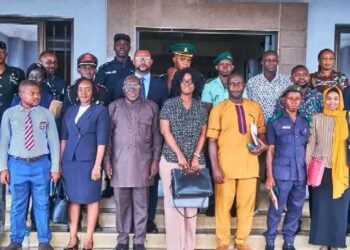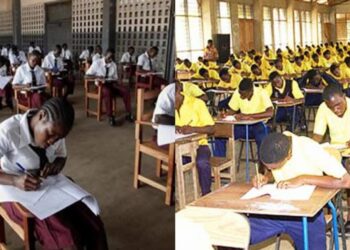Freetown, 2 October 2025 — A five-member delegation from the Economic Community of West African States (ECOWAS) on Thursday met with the Tripartite Steering Committee Secretariat in Freetown to assess progress on the Unity Agreement and related electoral reforms.
The meeting, held at the Secretariat’s conference room, focused on the implementation of Resolution 3, which deals with the review of Sierra Leone’s electoral systems and management bodies.
The ECOWAS team raised questions on the pace of reforms and the extent to which the tripartite recommendations were being carried out.
ECOWAS, alongside the UN, the Commonwealth, and the EU, acted as a guarantor of the 2023 post-election Unity Agreement that sought to ease political tensions and chart a path for governance and electoral reforms.
According to officials, the technical engagement will enable ECOWAS to assess its intervention in Sierra Leone and identify challenges in order to guide future support for governance, rule of law, and human rights.
The review also carries symbolic weight, as Sierra Leone currently chairs ECOWAS and has pledged to demonstrate leadership by strengthening accountability, transparency, and efficiency in its democratic institutions.
During the session, ECOWAS officials also sought feedback on the Community Strategic Framework (CSF), a five-year plan tied to ECOWAS Vision 2050.
The CSF, built on pillars of peace and security, governance, economic integration, sustainable development, and social inclusion, aims to unify digital markets, improve well-being, and advance justice across West Africa.
Tripartite Secretariat Coordinator Ngolo Katta briefed the delegation on progress made so far, noting that government had acted “much more speedily” in implementing the Unity Agreement.
He cited the release of political detainees, the President’s public address, the settlement of salaries for MPs and councillors who boycotted parliament in 2023, and the establishment of the Secretariat itself as key achievements.
On the tripartite recommendations, Katta reported 84 percent implementation, praising institutions such as the Electoral Commission of Sierra Leone (ECSL), the Political Parties Regulation Commission (PPRC), and the Office of National Security (ONS) for their collaboration.
He further commended the Public Sector Reform Unit (PSRU) for conducting functional reviews of key state institutions, including ECSL, SLBC, IMC, IPCB, and PPRC, to entrench best practices.
Significant progress was also highlighted on the legal front, with new legislation being drafted and constitutional amendments underway in line with the tripartite reforms and the constitutional review white paper.
The meeting concluded with discussions on the Secretariat’s role as a peace mechanism and governance framework designed to rebuild public trust in electoral institutions.
The ECOWAS delegation, which has already held consultations in Abuja and Accra on the CSF, is expected to continue engagements with institutions across Sierra Leone focusing on governance, stability, integration, sustainable development, and social inclusion.
